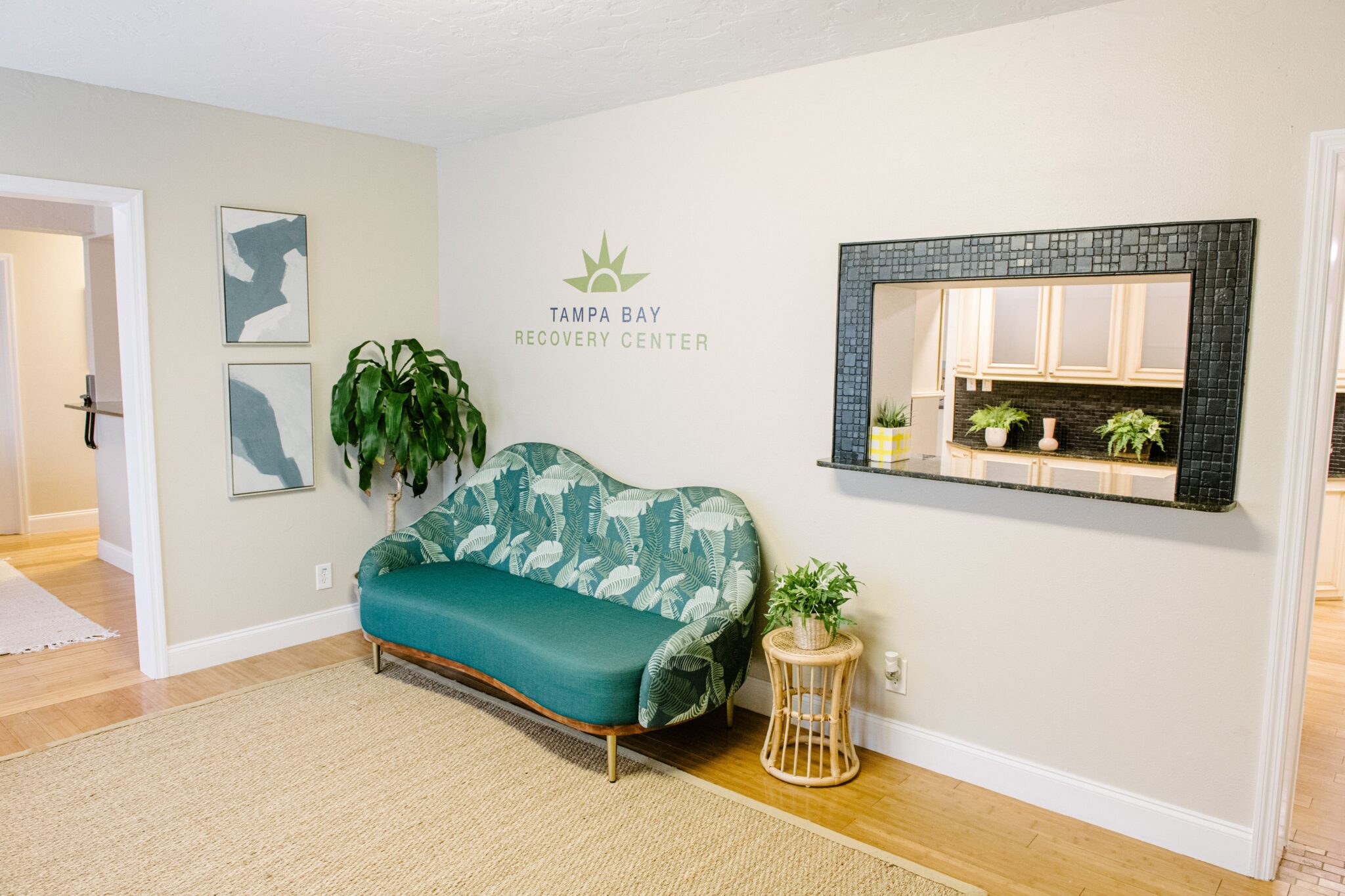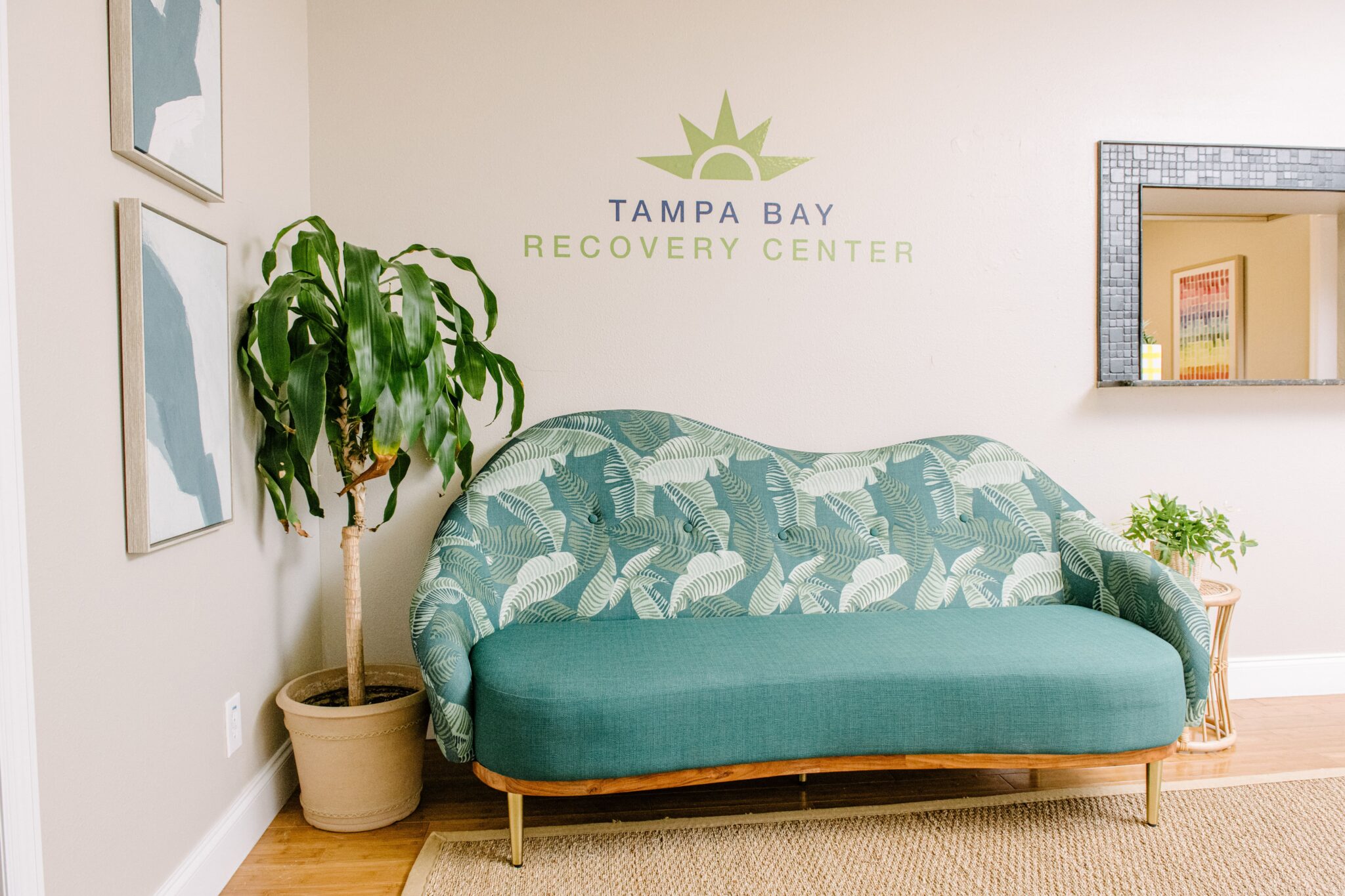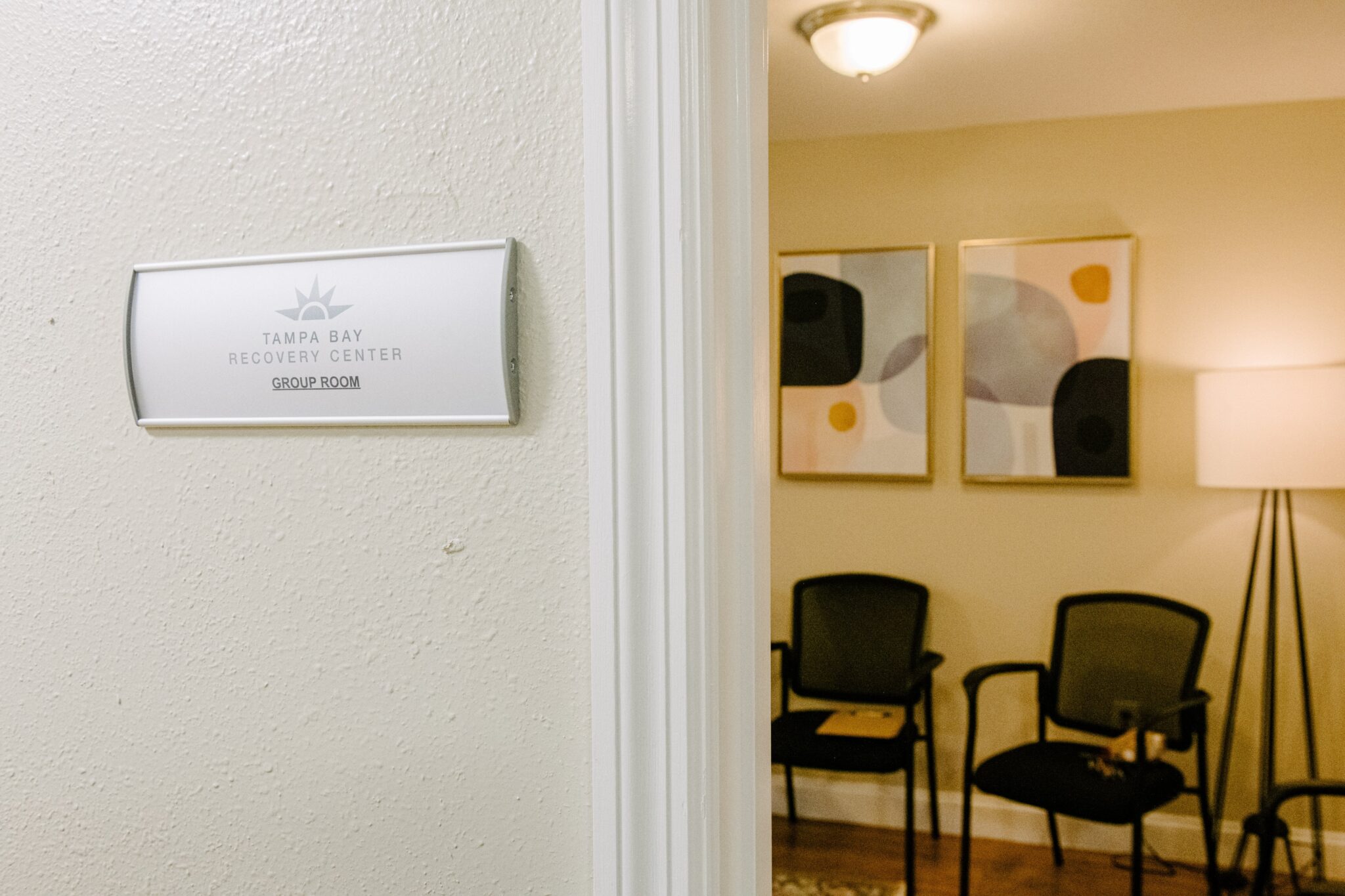Home Drug Rehab in Tampa Oxycontin Addiction + Rehab

Breaking Free from Kratom Addiction at Tampa Bay Recovery Center
Kratom use has been on the rise in the U.S., leading more people to seek professional help for addiction. At Tampa Bay Recovery Center, we offer a comprehensive kratom rehab program tailored to meet the unique needs of each individual. Our holistic approach combines various therapeutic modalities to help people overcome their dependence on kratom and regain control of their lives.
What Is Kratom?
Kratom, derived from the mitragyna speciosa tree native to Southeast Asia, was originally used to treat ailments such as pain, fatigue, and digestive issues. Today, it is increasingly used in the U.S. for its stimulant effects, making it popular among those seeking increased energy, improved focus, or enhanced social interactions. However, at higher doses, kratom can cause euphoria and sedation, leading to abuse and addiction.
Although kratom is currently legal in the U.S., the Drug Enforcement Agency (DEA) classifies it as a “drug of concern,” signaling that it may be classified as illegal in the future. Despite its legal status, the DEA warns against kratom use due to its potential for addiction.
Signs of Kratom Addiction
Recognizing the signs of kratom addiction is crucial for early intervention. Common symptoms of kratom dependence include:
- Excessive energy or lethargy
- Difficulty sleeping or sleeping too much
- Itchy skin
- Loss of appetite and weight loss
- Digestive issues, such as diarrhea or constipation
- Nausea, vomiting, and frequent urination
- Seizures or sweating
- Hallucinations
If you or someone you know is exhibiting these signs, professional kratom rehab may be necessary to break the cycle of addiction.
Kratom Withdrawal Symptoms and Timeline
Kratom withdrawal can be challenging and uncomfortable, but with proper medical support, the process becomes more manageable. Typical withdrawal symptoms include:
- Headaches and nausea
- Vomiting and digestive issues
- Chills and flu-like symptoms
- Muscle aches and irritability
- Anxiety and insomnia
- Intense cravings to use kratom
The withdrawal process follows a predictable timeline:
- 6–12 hours after last use: Symptoms like anxiety, cravings, and restlessness begin.
- 2–3 days after last use: Withdrawal symptoms peak, with severe aches, irritability, and flu-like symptoms.
- 3–5 days after last use: Physical symptoms like nausea, vomiting, and diarrhea become most intense.
- 6–7 days after last use: Symptoms begin to subside, but residual withdrawal effects may linger.
For many, overcoming these symptoms without relapse requires professional guidance from a kratom rehab center.
Kratom Rehab Options at Tampa Bay Recovery Center
At Tampa Bay Recovery Center, we provide personalized care for individuals struggling with kratom addiction. Our range of outpatient programs ensures flexibility while offering expert-level care. After an initial assessment, our staff helps determine which level of care is best suited to each individual’s needs. We offer the following outpatient rehab options:
- Virtual IOP Program: Receive care from addiction specialists through telehealth platforms.
- Intensive Outpatient Program (IOP): A mid-level care option with daily attendance for a few hours each weekday.
- Partial Hospitalization Program (PHP): A more structured program, PHP involves five hours of treatment per day on weekdays, similar to residential care without the need for overnight stays.
How Tampa Bay Recovery Helps You Overcome Kratom Addiction
Our kratom rehab program addresses both the physical and psychological aspects of addiction. We employ a multidisciplinary approach that includes:
- Individual and group therapy: Address underlying emotional issues and learn effective coping skills.
- Family therapy: Repair relationships affected by addiction.
- Holistic therapies, such as meditation and mindfulness practices, to help manage stress and cravings.
- Medical detox support, providing relief from withdrawal symptoms and ensuring a safe detox process.
Our expert staff understands the complex nature of kratom addiction and is dedicated to helping each client navigate the road to recovery.
Get Help for Kratom Addiction Today
If you or a loved one is struggling with kratom addiction, help is available. Tampa Bay Recovery Center offers a specialized kratom rehab program that focuses on healing both body and mind. With our expert care, clients can regain their health and move forward toward a brighter, drug-free future.
Visit our admissions page or call (813) 733-8774 today to start your journey to recovery. Let us guide you in breaking free from kratom addiction and reclaiming your life.
Take Back Control:
Contact Us Now
Addiction and mental health disorder effects the lives of millions of Americans each year. Contact Creekside Recovery Group today to get the help you deserve.
TOUR
Tour Our Outpatient Detox Facility
Call 813-733-8774
Insurance Can Cover Up to 100% of costs
We Accept Most Insurance. Please Note We Are Not Affiliated With Or Endorsed By Insurance Companies.
CONTACT US
We Are Always Here For You
Our compassionate team is ready to assist you—contact us now for confidential support tailored to your needs!












